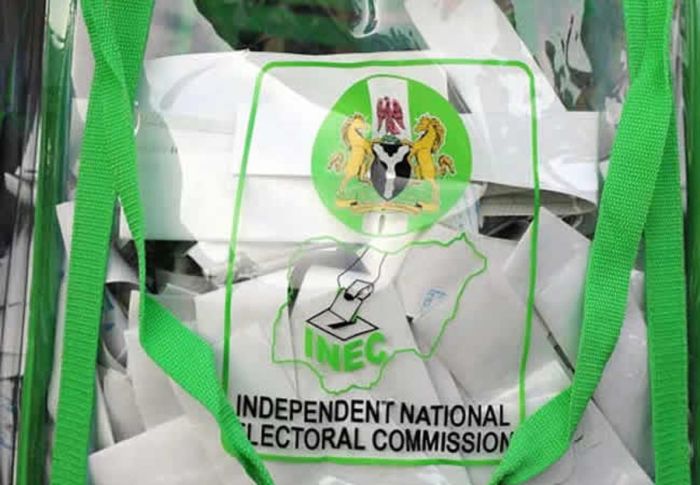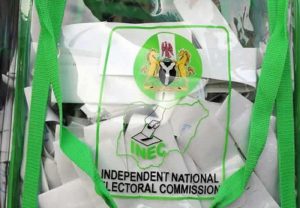

The Independent National Electoral Commission will spend not less than N239.2bn on procuring voting materials and vehicles that will be used in the 2023 general election.
This is according to the 2023 General Election Project Plan that was launched by INEC in Abuja on Thursday.
The commission stated that N239.2bn, which constitutes 78.44 per cent of its N305bn budget, would be spent on 10 critical items which included ballot papers, operational vehicles, ballot boxes, allowances of ad hoc workers, printing of result sheets, logistics and procurement of accreditation devices.
Also included in the N239.2bn budget is the N27.1bn set aside by the commission for possible run-off elections, including the one for the presidential poll.
Run-off elections are conducted in the event that there is no clear winner in a general poll.
A breakdown of the document, 2023 General Election Project Plan, shows that the highest single component will be the procurement of accreditation devices which will gulp N105.2bn. This also constitutes 34.51 per cent of the total election budget of N305bn.
The allowance for ad hoc workers, who will be more than one million people, is pegged at N23.7bn while N23bn was set aside for election logistics expenses which include the movement, deployment and retrieval of men and materials for the elections.
INEC will also spend N20.6bn on the printing of ballot papers and N12.7bn on the procurement of non-sensitive materials. The commission set aside N9.5bn for the printing of result sheets, N7.8bn for the procurement of ballot boxes and a separate N5.39bn for the same purpose. The electoral body will also spend N3.9bn for the procurement of operational vehicles.
In a diagram illustrating a comparative analysis of the 2019 and 2023 general election budgets, INEC noted that while N189bn was set aside for the previous elections, the 2023 general election would gulp N305bn.
It noted that while the country had 84 million registered voters in the last elections, it would have about 100 million voters next year. Also, while 119, 973 polling units existed last year, the next elections would have 176, 846 polling units. It noted that while the average cost per voter was $7.38 in 2019, it had dropped to $5.39 per voter.

Leave a Reply